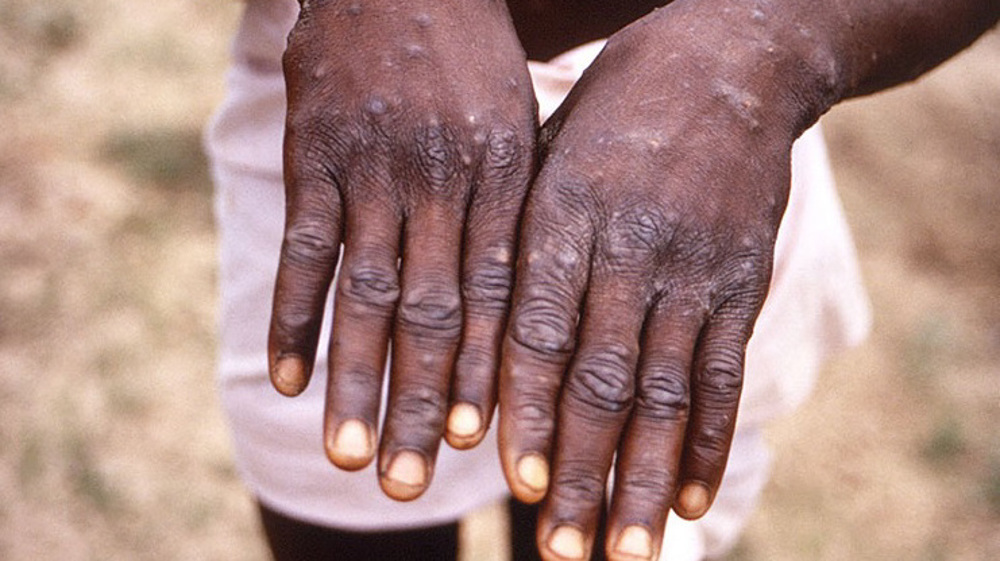WHO set to hold emergency meeting on ‘monkeypox’ outbreak as virus spreads across Europe
The World Health Organization (WHO) is set to hold an emergency meeting on the outbreak of the rare monkeypox virus, which is spreading in the European continent at an unprecedented speed.
Health authorities of several countries are working with the WHO to provide information on how the rare virus is spreading in different countries, after being unable to find a link between the initial case.
In what Germany described as the largest-ever outbreak in Europe, cases have now been confirmed in at least five countries in Europe, including the UK, Spain Portugal, Germany, and Italy, as well as the US, Canada, and Australia.
“With several confirmed cases in the United Kingdom, Spain and Portugal, this is the largest and most widespread outbreak of monkeypox ever seen in Europe,” said Germany’s armed forces’ medical service.
Meanwhile, health experts say the outbreak is unlikely to turn into a pandemic.
“However, it is very unlikely that this epidemic will last long. The cases can be well isolated via contact tracing and there are also drugs and effective vaccines that can be used if necessary,” said Fabian Leendertz, from the Robert Koch Institute.
The viral infection, which is more common in western and central Africa, was first identified in monkeys. As it has rarely spread outside Africa, this series of cases in Europe, which are more than a hundred, has triggered concern among health authorities.
Monkeypox is similar to smallpox and its symptoms include fever, headache, swelling of lymph nodes, and rash. According to WHO data, vaccines that were used to eradicate smallpox are up to 85 percent effective against monkeypox.
With the COVID-19 pandemic still lingering, the first case of monkeypox in Europe was confirmed in the UK earlier this month.
The rare viral disease was first reported in the Democratic Republic of Congo in the 1970s.
VIDEO | Hind Rajab Foundation names Israeli war criminals vacationing after Gaza genocide
VIDEO | Australians rally for Gaza ahead of Christmas festivities
VIDEO | Attacks on Sana'a
Iran reports further drop in annual inflation rate in December
Israel indicts two settlers over suspected spying for Hezbollah
Iran: US airstrikes on Yemen war crimes, violation of international law
Yemeni armed forces down F-18 fighter jet, repel US-UK attack: Spokesman
Iran warns against US-Israeli plot to weaken Muslims, dominate region











 This makes it easy to access the Press TV website
This makes it easy to access the Press TV website